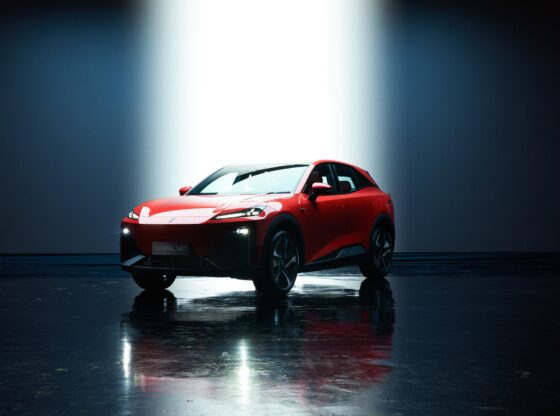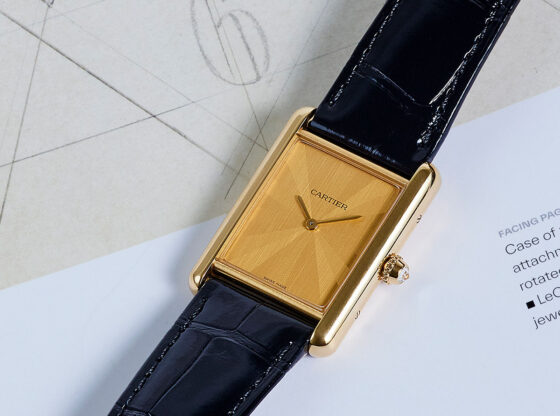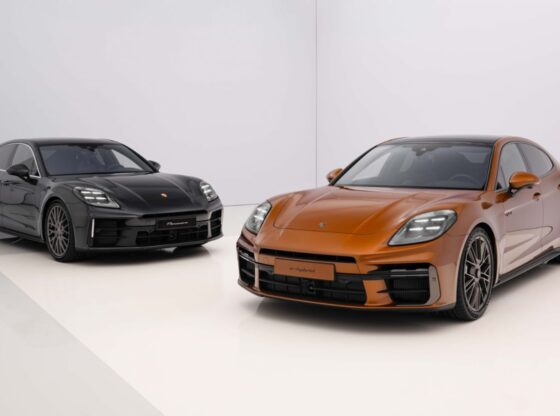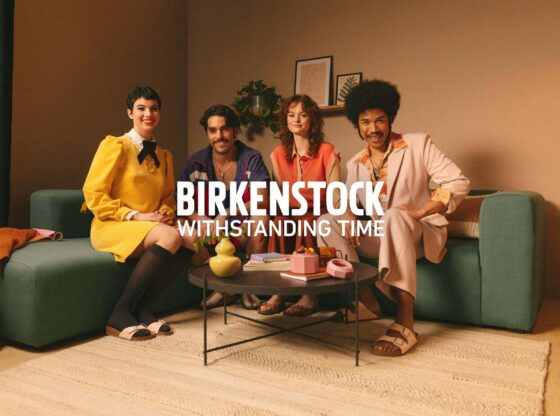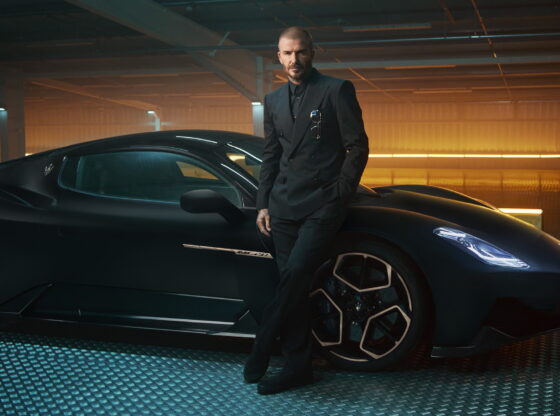![]()
The result, seen through British eyes, may surprise you
So, who do you think was the greatest icon of the last century?
In a series of eight programmes (seven heats and a final) the BBC recently engaged with its viewers to discover who they thought was the stand-out figure on the 20th Century.
The winner, perhaps unsurprisingly, was a Brit. But the name of the winner may come as more of a surprise – Alan Turing – the World War II Enigma codebreaker whose work was influential in the development of modern-day computers.
According to Wikipedia it has been estimated that the work he was involved in “shortened the war in Europe by more than two years and saved over 14 million lives”. More than enough to make him a worthy winner.
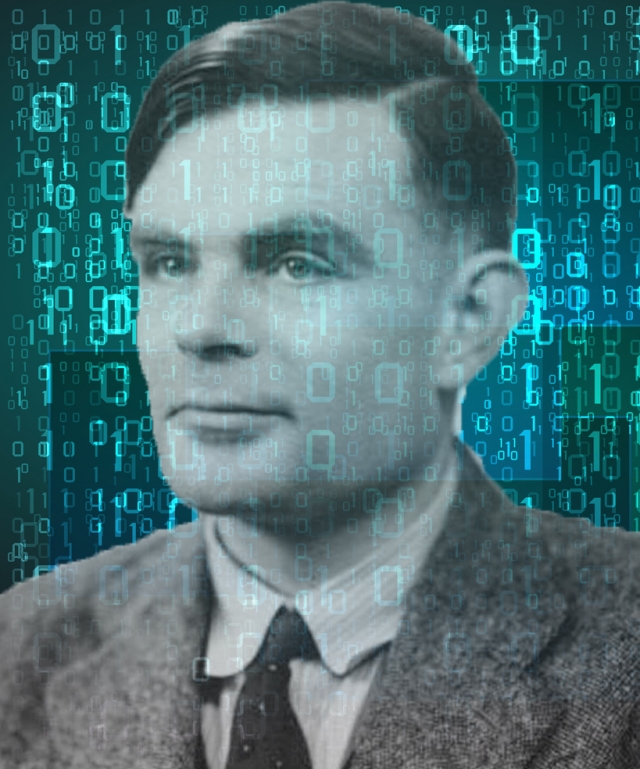
He beat six others to take top place. The other finalists included several more famous (in my opinion) names – Nelson Mandela, David Bowie, Ernest Shackleton, Martin Luther King Jr, Muhammad Ali and Pablo Picasso.
Turing only really entered the consciousness of Brits comparatively recently.
For decades his part in breaking the Germans’ Enigma codes remained secret. Indeed, much of the war work carried out where he was stationed at Bletchley Park remained under wraps for a long time and even today some former staff still consider themselves bound to silence.
Turing was famously played by Benedict Cumberbatch in the 2014 movie, The Imitation Game. Cumberbatch was nominated for an Oscar. In addition to Turing’s great codebreaking work, the film covers Turing’s prosecution for homosexual acts in 1952 (when homosexuality was still illegal in Britain) and his subsequent “acceptance” of chemical castration* as an alternative to being imprisoned.
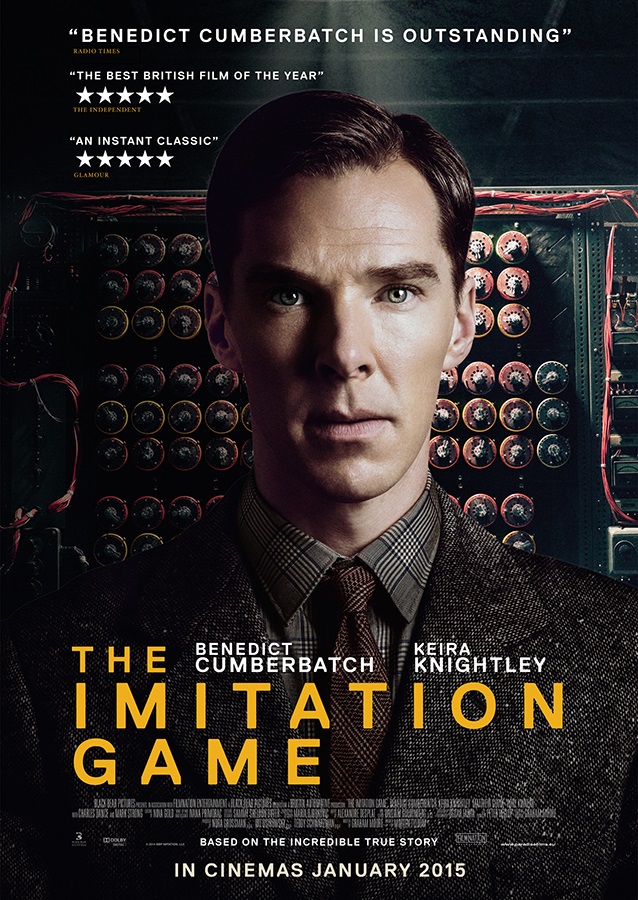
We Brits know how to treat our war heroes!
Turing died two years after his prosecution aged just 41 from cyanide poisoning. An inquest determined the cause as suicide. There are those who feel it could have been an accident. Make up your own mind.
Only in the past decade have the Brits tried to make amends. In 2009, Prime Minister Gordon Brown issued an official public apology on behalf of the British Government for “the appalling way he was treated”. Four years later, The Queen granted him a posthumous pardon.
I can’t help thinking that maybe the BBC viewers may have felt that voting for Turing as the leading icon would go some way to making amends for the ‘appalling’ treatment he received.
I did not watch all of the heats but thought the concept of the Icons series was enthralling. It comprised seven categories – leaders, explorers, scientists, entertainers, activists, sports stars and artists/writers.
Straight away the viewers were being asked to make difficult comparisons.
How do you measure a brilliant footballer like Pele against the great Paralympian Tanni Grey-Thompson?
Of course, the BBC saw this as an entertaining way of charting the history of the 20th Century and, to an extent, picking a winner was an intriguing sidebar.
In each of the seven heats the virtues and accomplishments of four people were examined.
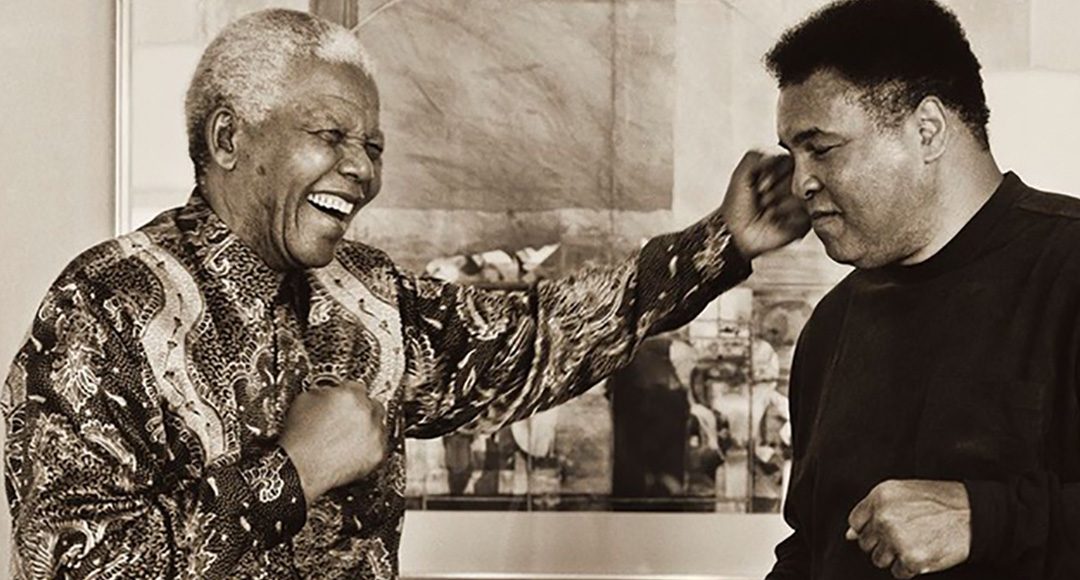
The “contestants” were as follows …
Leaders: Nelson Mandela, Margaret Thatcher, Winston Churchill and Franklin D Roosevelt (a South African, two Brits and an American). I would have voted for Churchill but had no qualms about Mandela.
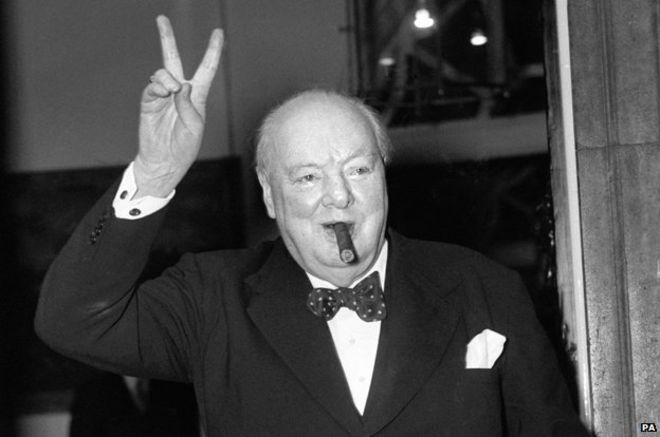
Explorers: Ernest Shackleton, Jane Goodall, Gertrude Bell and Neil Armstrong (three Brits and an American). I’m ashamed to admit I hadn’t heard of the middle two ladies.
Scientists: Alan Turing, Marie Curie, Albert Einstein and Tu Youyou (a Brit, a Polish naturalised French woman, a German and a Chinese). If, like me, the last name is new to you(you) she was the lady credited with inventing the malaria vaccine which those living in Thailand are probably especially grateful for.
Entertainers: David Bowie, Charlie Chaplin, Marilyn Monroe and Billie Holiday (two Brits, though Chaplin made his name in America, and two Americans).
Activists: Martin Luther King Jr, Helen Keller, Emmeline Parkhurst and Mahatma Gandhi (two Americans, a Brit and an Indian).
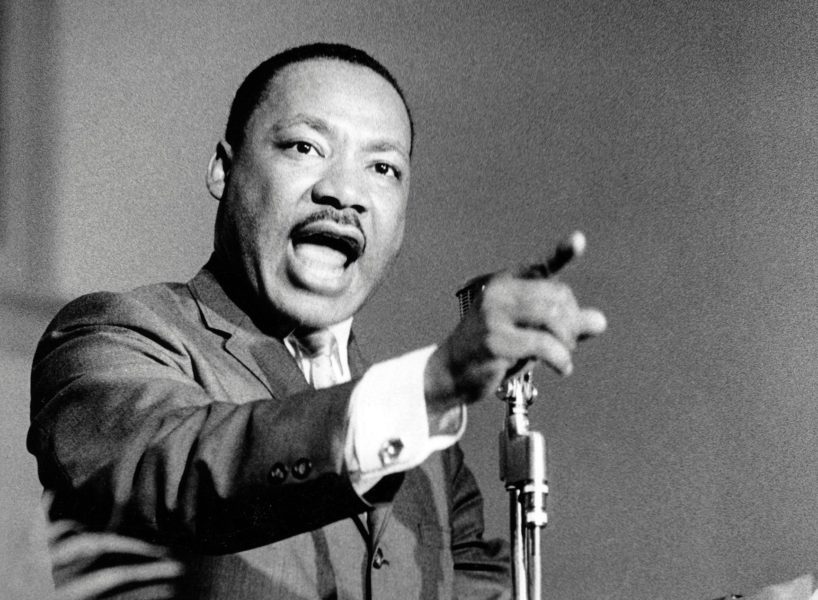
Sports stars: Muhammad Ali, Billy Jean King, Tanni Grey-Thompson and Pele (two Americans, a Brit and a Brazilian).
Artists and writers: Pablo Picasso, Alfred Hitchcock, Virginia Woolf and Andy Warhol (a Spaniard, two Brits – although, like Chaplin, Hitchcock made his name in American films, and an American).
I’m sure you could come up with many more equally worthy names, given a few moments to think.
I point out the nationalities of the icons to underline that the BBC was able to look beyond British shores.
Of the 28, a little less than half – 12 – were Brits, nine were American and the remaining seven were from South Africa, Poland/France, Germany, China, India, Brazil and Spain.
I’m confident that if an American TV channel chose to mimic the idea of the programme then the majority would be American. Totally understandable in my opinion. Know your audience.
So, who would win your vote?
One of the 28 above or someone completely different? Let the barstool debates begin.
*Chemical castration is the use of drugs to reduce libido and sexual activity by cutting testosterone or, put more commonly, to turn you off the idea of having sex. It did not remove organs, nor was it a form of sterilization, but unpleasant all the same. It is still used on some perpetrators of sexual crimes – especially if the offences are against the young.
By Dave Buckley




